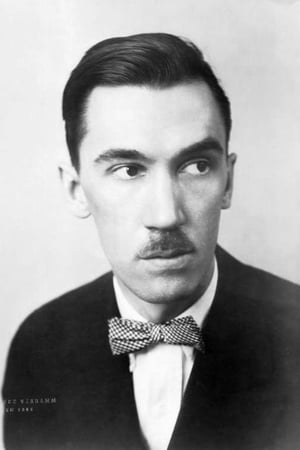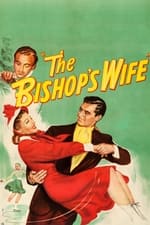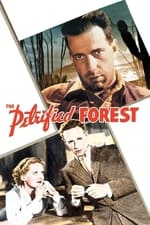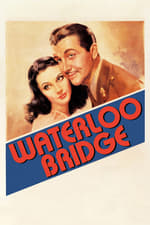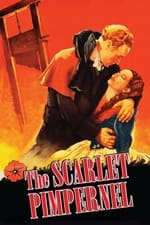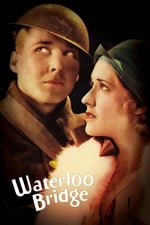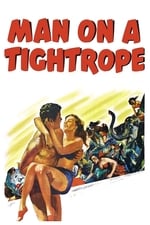Informations personnelles
Célèbre pour Écriture
Apparitions connues 37
Genre Homme
Date de naissance 4 avril 1896
Date de décès 14 novembre 1955 (59 ans)
Lieu de naissance New York City, New York, USA
Alias
- Robert Emmet Sherwood
- Robert Sherwood
Score de contenu
100
Superbe ! Cette fiche semble complète !
Connectez-vous afin de
signaler un problème.
Biographie
From Wikipedia, the free encyclopedia
Robert Emmet Sherwood (April 4, 1896 – November 14, 1955) was an American playwright, editor, and screenwriter.
Born in 1896 in New Rochelle, New York, Robert was a son of Arthur Murray Sherwood, a rich stockbroker, and his wife, the former Rosina Emmet, a highly accomplished illustrator and portrait painter known as Rosina E. Sherwood.
Sherwood's first Broadway play, The Road to Rome (1927), a comedy concerning Hannibal's botched invasion of Rome, introduced one of his favorite themes: the futility of war. Many of his later dramatic works employed variations of that motif, including Idiot's Delight (1936), which won Sherwood the first of four Pulitzer Prizes. According to legend, he once admitted to the gossip columnist Lucius Beebe, “The trouble with me is that I start with a big message and end up with nothing but good entertainment.”
Sherwood's Broadway success soon attracted the attention of Hollywood; he began writing for the silver screen in 1926. While some of his work went uncredited, his films included many adaptations of his plays. He also collaborated with Alfred Hitchcock and Joan Harrison in writing the screenplay for Rebecca (1940).
With Europe in the midst of World War II, Sherwood set aside his anti-war stance to support the fight against the Third Reich. His 1940 play about the Soviet Union's invasion of Finland, There Shall Be No Night, was produced by the Playwright's Company that he co-founded and starred Alfred Lunt, Lynn Fontanne, and Montgomery Clift. Sherwood publicly ridiculed isolationist Charles Lindbergh as a "Nazi with a Nazi's Olympian contempt for all democratic processes".
After serving as Director of the Office of War Information from 1943 until the conclusion of the war, he returned to dramatic writing with the movie The Best Years of Our Lives, directed by William Wyler. The 1946 film, which explores changes in the lives of three servicemen after they return home from war, earned Sherwood an Academy Award for Best Screenplay.
Sherwood died of a heart attack in New York City in 1955. A production of his final work, Small War on Murray Hill, debuted on Broadway at the Ethel Barrymore Theatre on January 3, 1957. Nearly four decades later, Sherwood was portrayed by actor Nick Cassavetes in Mrs. Parker and the Vicious Circle, a 1994 feature film about the Algonquin Round Table.
From Wikipedia, the free encyclopedia
Robert Emmet Sherwood (April 4, 1896 – November 14, 1955) was an American playwright, editor, and screenwriter.
Born in 1896 in New Rochelle, New York, Robert was a son of Arthur Murray Sherwood, a rich stockbroker, and his wife, the former Rosina Emmet, a highly accomplished illustrator and portrait painter known as Rosina E. Sherwood.
Sherwood's first Broadway play, The Road to Rome (1927), a comedy concerning Hannibal's botched invasion of Rome, introduced one of his favorite themes: the futility of war. Many of his later dramatic works employed variations of that motif, including Idiot's Delight (1936), which won Sherwood the first of four Pulitzer Prizes. According to legend, he once admitted to the gossip columnist Lucius Beebe, “The trouble with me is that I start with a big message and end up with nothing but good entertainment.”
Sherwood's Broadway success soon attracted the attention of Hollywood; he began writing for the silver screen in 1926. While some of his work went uncredited, his films included many adaptations of his plays. He also collaborated with Alfred Hitchcock and Joan Harrison in writing the screenplay for Rebecca (1940).
With Europe in the midst of World War II, Sherwood set aside his anti-war stance to support the fight against the Third Reich. His 1940 play about the Soviet Union's invasion of Finland, There Shall Be No Night, was produced by the Playwright's Company that he co-founded and starred Alfred Lunt, Lynn Fontanne, and Montgomery Clift. Sherwood publicly ridiculed isolationist Charles Lindbergh as a "Nazi with a Nazi's Olympian contempt for all democratic processes".
After serving as Director of the Office of War Information from 1943 until the conclusion of the war, he returned to dramatic writing with the movie The Best Years of Our Lives, directed by William Wyler. The 1946 film, which explores changes in the lives of three servicemen after they return home from war, earned Sherwood an Academy Award for Best Screenplay.
Sherwood died of a heart attack in New York City in 1955. A production of his final work, Small War on Murray Hill, debuted on Broadway at the Ethel Barrymore Theatre on January 3, 1957. Nearly four decades later, Sherwood was portrayed by actor Nick Cassavetes in Mrs. Parker and the Vicious Circle, a 1994 feature film about the Algonquin Round Table.
Écriture
|
|||||||||
|
|||||||||
|
|||||||||
|
|||||||||
|
|||||||||
|
|||||||||
|
|||||||||
|
|||||||||
|
|||||||||
|
|||||||||
|
|||||||||
|
|||||||||
|
|||||||||
|
|||||||||
|
|||||||||
|
|||||||||
|
|||||||||
|
Interprétation
|
|||
|
|||
|
Montage
|
Production
|
Équipe technique
|
